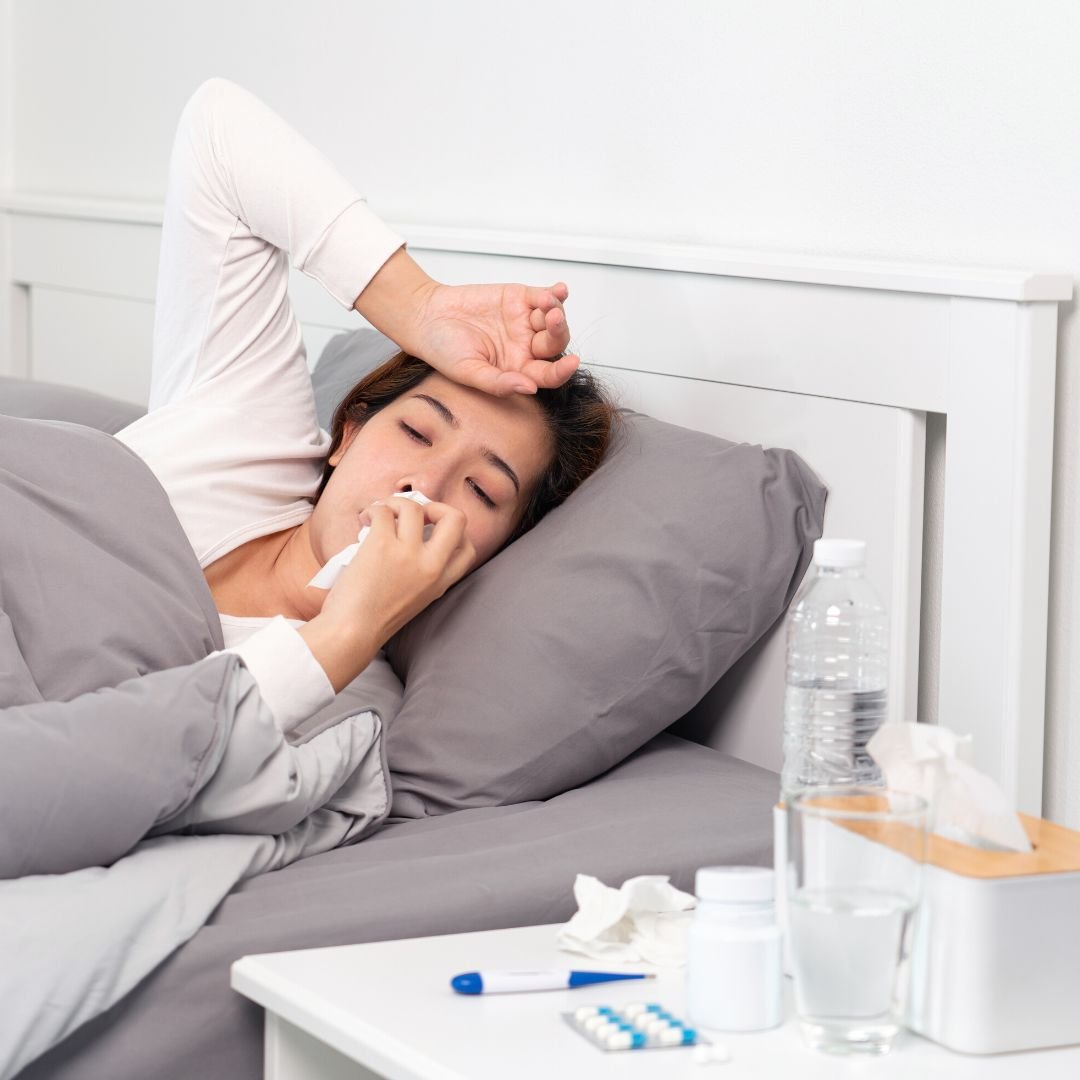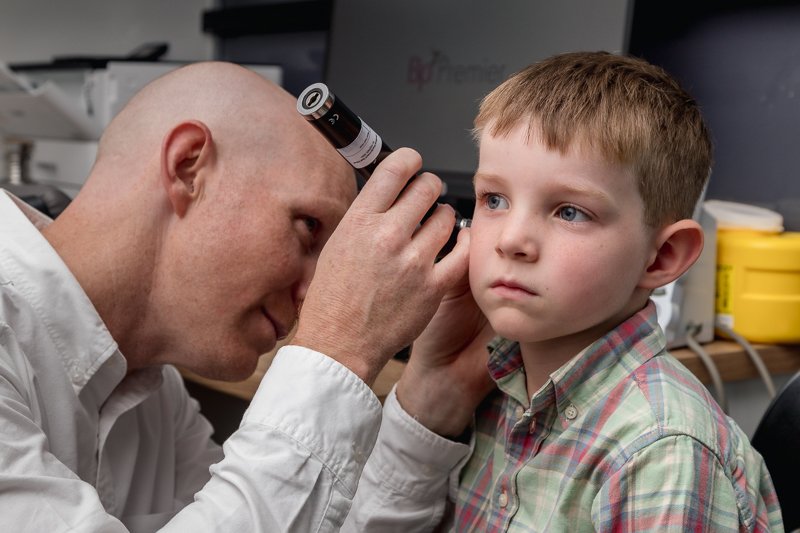Growing up, many of us were told not to go out and get wet, in case we caught a cold. It’s a familiar old wives' tale. However, there seems to be more than a grain of truth in the idea that winter brings more colds and cases of flu with it. Whilst we are prepared to receive our flu shots ahead of winter to avoid getting sick, we often hear that our local doctor’s clinic is much busier in the colder months.
But why is this? Is it true that getting caught in the rain will lead to a cold, and if so, how?
Interestingly, the winter season can increase your chances of getting sick, although it may not be for the reason that you think. There is little evidence that the rain itself causes a cold, but chilly winter conditions lead to several factors that may increase the prevalence of colds and flus. We’ll break down some of them below:
Our Environment
The first is quite obvious when you think about it - when it is cold outside, we spend more time huddled indoors together. We shop inside, play sports inside, catch up with friends inside, and generally spend a much higher proportion of our time in close proximity. This is often a situation where we have heaters on, and there are low levels of ventilation. This increases the chance that we will spread respiratory diseases via infectious droplets in the air. When we are all breathing in a confined zone that is close to each other, we are more likely to inhale infectious droplets and catch a virus that causes the cold or the flu.
Viruses Thrive in the Cold
Viruses that cause the cold and flu prefer conditions that are dry and cold. The cold allows viruses to stay stable and active (infectious) for longer. Even when heaters remove the cold, they dry out the air indoors. This makes it easier for infectious droplets to hang in the air for longer periods of time, increasing the chance that somebody will breathe them in and become infected.
Our Bodies are Less Equipped to Fight Viruses Away
Have you ever noticed a runny nose in the cold? Cold weather makes it more difficult for our bodies to effectively clear mucus from our nose, and it also tends to exacerbate chronic conditions such as asthma, making people with chronic conditions more susceptible to catching a virus. Additionally, there is some evidence to show that the cold affects our body’s immune system. A 2015 study at Yale University found that breathing colder air could inhibit the ability of the immune system of mice to respond promptly to threats.
Less Sun
We do like to joke that a holiday would improve our health, but there may be truth to that idea as well. Reduced sun exposure can lead to a vitamin D deficiency, further affecting our ability to properly mount immune responses.
Top tips for how to protect yourself this winter:
● Get your flu shot from your doctor - Book now
● Eat healthily
● Get sunshine - we are lucky to live in Queensland, the Sunshine State! So get out there and enjoy the sun every chance you get, it will help to boost your vitamin D levels.
● Wear a mask
● Hand hygiene
How can Peregian Family Medical Centre help?
At Peregian Family Medical Centre, we understand the risk factors for respiratory illness, and we can support you to get your health into top shape to prepare for the upcoming winter season.
Pop in for a flu shot and your checkup with one of our friendly GPs. We will provide professional, empathetic care and help you to know what you can do in order to stay in the best shape possible.
Disclaimer
All information is general in nature. Patients should consider their own personal circumstances and seek a second opinion.






